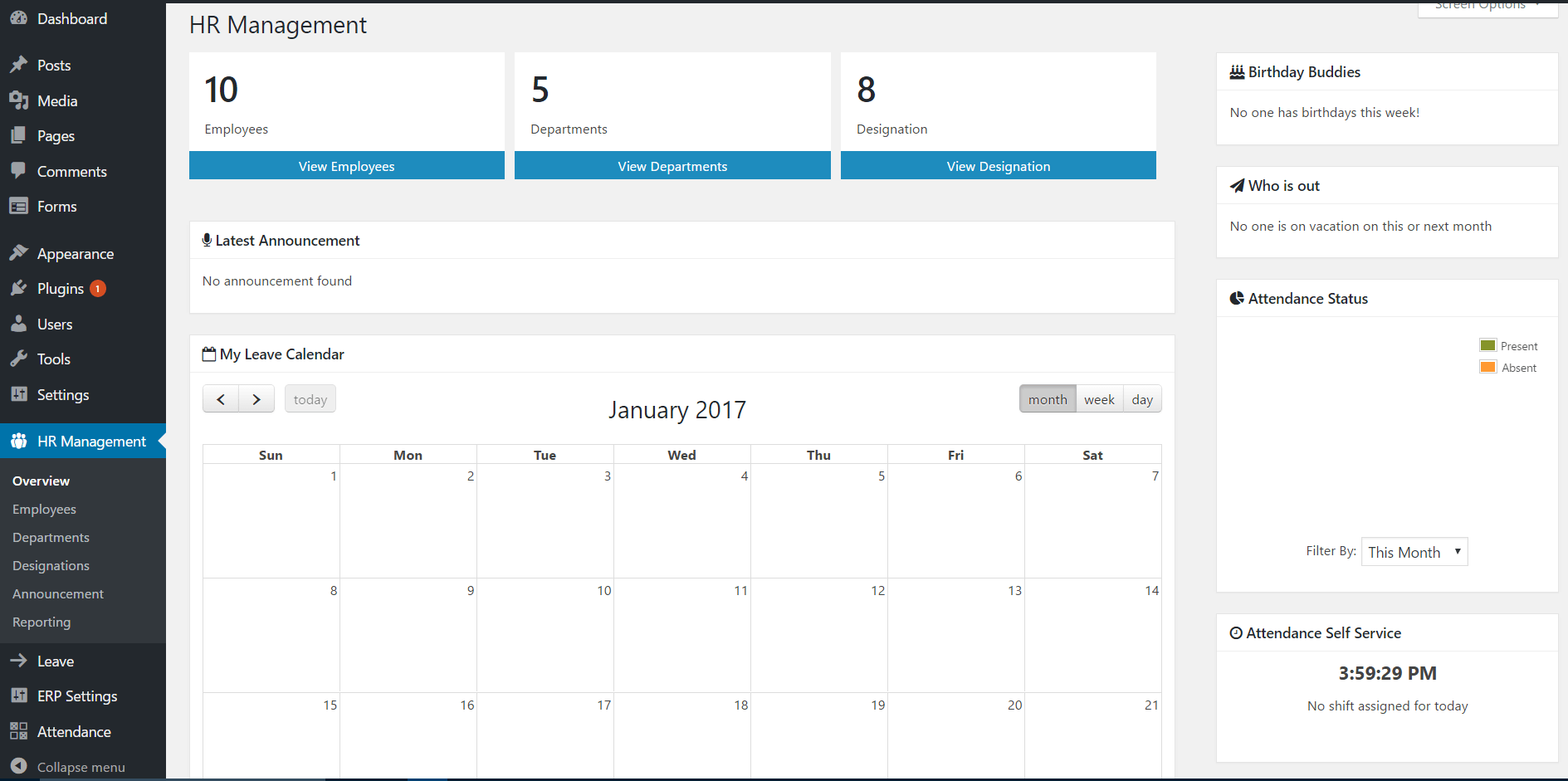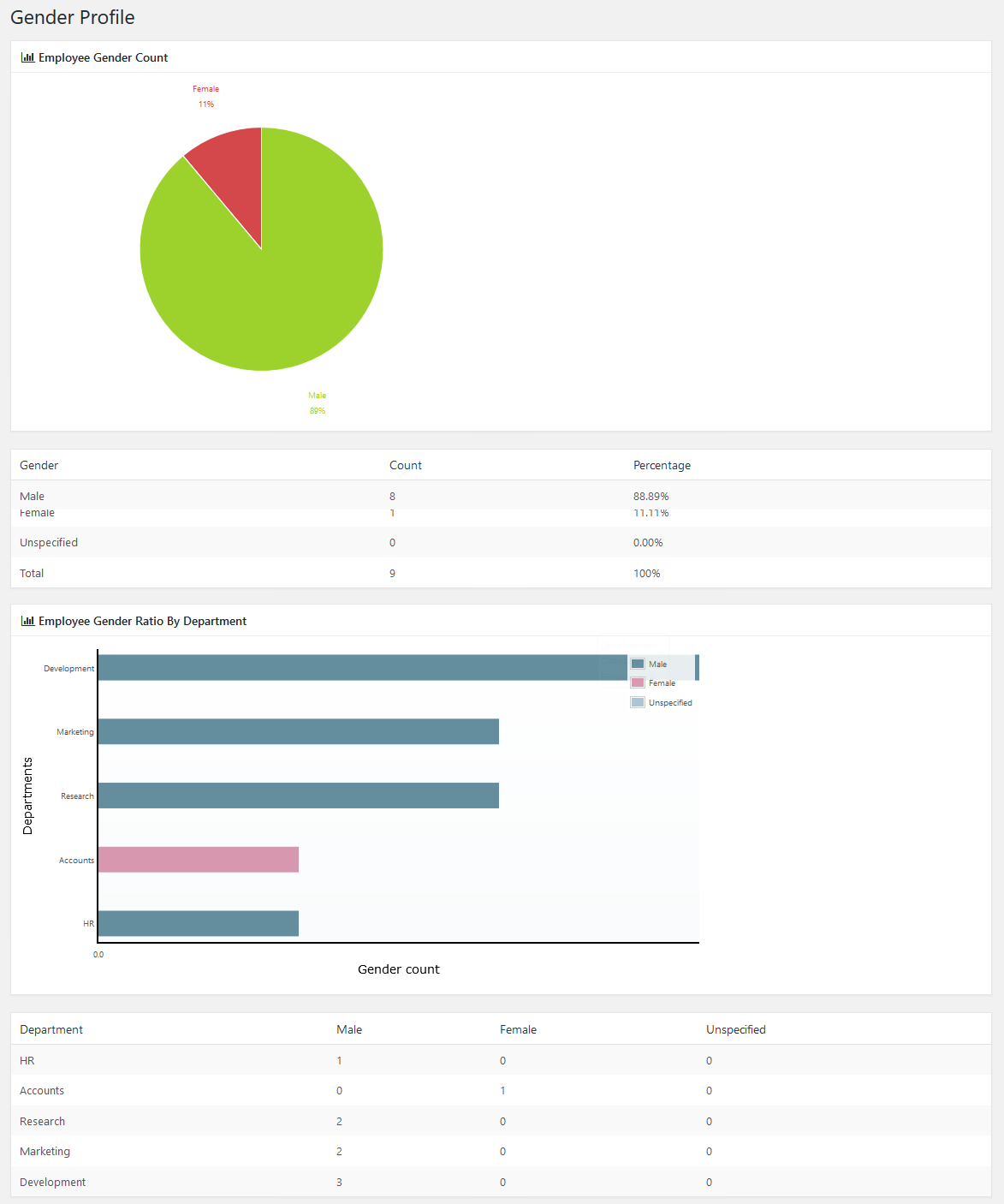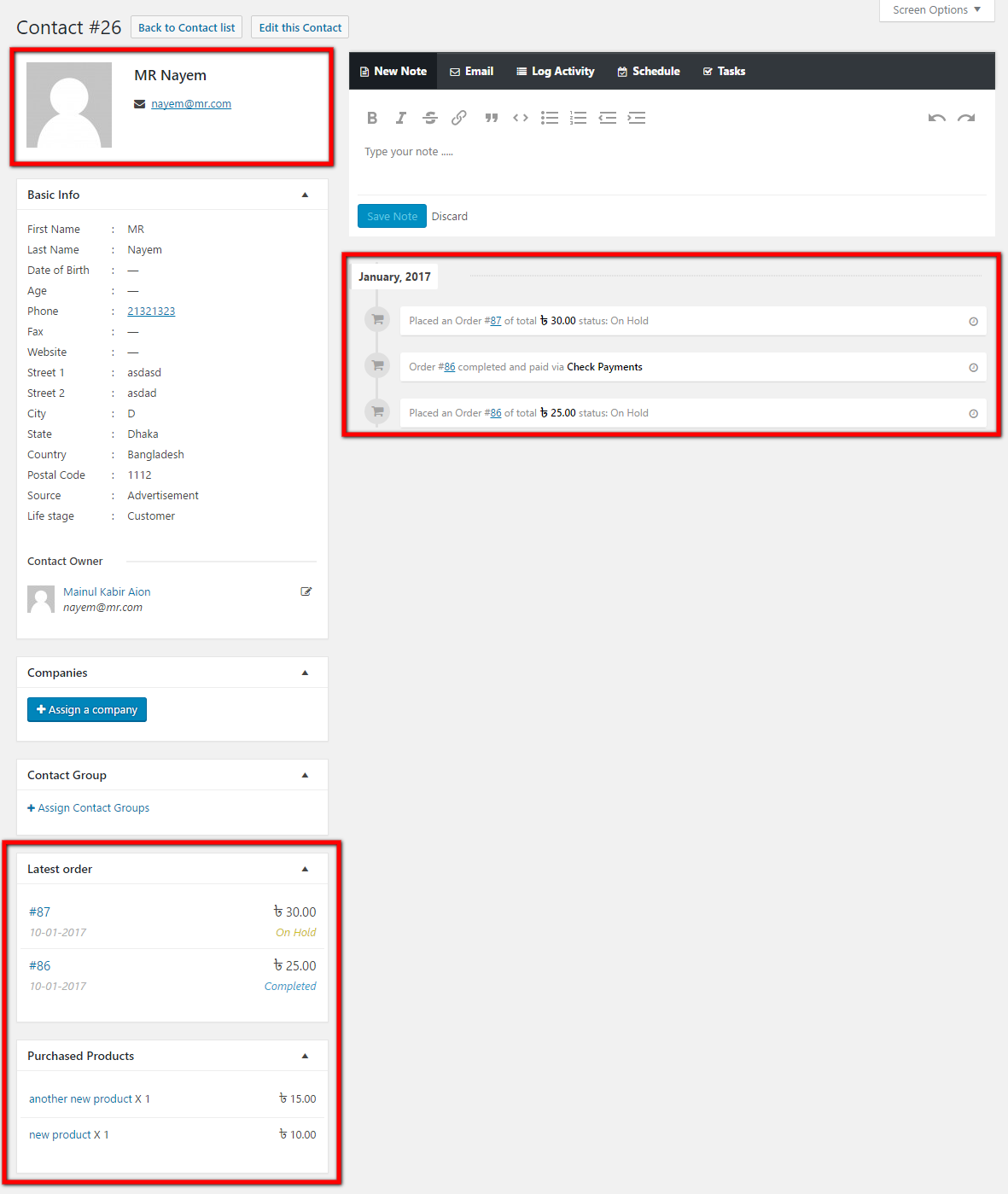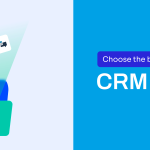One of the most asked questions from a fresher into the corporate sector is – What is Enterprise Resource Planning (ERP)?
So we thought we should shed some light on it.
Well, in simple words it is one of the leading IT resources in today’s business environment. The full meaning of ERP is Enterprise Resource Planning. It empowers small, medium and also large businesses to perform and manage their day to day business operations.
What Is Enterprise Resource Planning (ERP)

The full meaning of ERP does not properly portray its definition. It relates ERP to the processes used to run a business. You can manage these business processes such as planning of resources, Customer Management, Human Resource Management, Financial Management, etc. with ERP.
Basically, ERP is a management system designed to help managers in case of maintaining all the business operations from a single place. In addition, it provides collaboration between the processes.
Core Modules of ERP

ERP management systems have different modules of integrated applications that can automate different business functions. In any ERP system, there are common and basic core ERP modules that can be found.
So Let’s find out those core modules of a basic ERP system.
- Human Resource Management (HRM)
- Customer Relationship Management (CRM)
- Accounting & Finance Management
- Inventory Management
- Marketing & Sales
- Supply Chain Management (SCM)
- Purchasing
- Production & Engineering
Importance of ERP in Modern-day Business Operations

How ERP Supports Your Business
Now, you know what ERP management system is. The benefits of such systems and how they support your business is described below.

ERP Manages Your Business Data
Enterprise Resource Planning is the most frequently used business software. It combines the core business processes and also helps to manage everything from a single platform.
In large organizations, different computer systems integrate with ERP for better performance and an optimized system. In earlier times, each department of an organization had its own systems that helped them to manage everything. With ERP, departments still have their systems, but communication between all departments and sharing information is possible.
Most important goals of ERP –
- To make the flow of information easier
- To make effective data-driven decisions
ERP software can collect and process data in an organized way from different levels and departments of your organization. As a result, this becomes helpful for your business to provide real-time management of key information and insights.
Increases Productivity

ERP acts as the central nervous system of a business. It collects activities information on different aspects of the business. Using the system this information can be made available for other parts so that it can be later used productively.
Real-time Information
One of the most noteworthy features of ERP is that it adds data and information in real-time. It is possible for ERP users to access the system with a valid password. Furthermore, different access control implemented to prevent privacy-related problems.
Self-aware Business
Your organization becomes self-aware as the information that ERP collects is linked together. This information is about accounting, production, HR, customer, project management etc.
ERP provides automation in collection of information, processing and sharing. Different departments of your business can collaborate with one another. This makes your business self are and more robust than before.
Reduces Technological Costs

ERP connects different technologies together. Different parts of your business use these technologies. It also helps to eliminate incompatible and duplicate technology. In addition, this effectively reduces your business expenses. It reduces costs including customer databases, HRM systems, accounts payable, monitoring orders and stock-control systems, etc.
Business Intelligence
With the help of ERP systems, you can make smart decisions. The information collected and processed by the ERP can prepare effective reports and charts. Therefore, you will be able to take different strategies depending on these factors.
WordPress Based ERP Systems
In today’s market, there are different types of ERP systems that are available. There are standalone systems, custom systems, cloud systems, hosting solutions etc.
Among these, cloud and hosting solutions are the most popular ones. There is also a unique platform that is becoming popular rapidly and it is WordPress ERP solutions.

WP ERP is the only revolutionary open-source WordPress powered FREE ERP system. There are three core modules of WP ERP. They are, HRM, CRM, and Accounting including an additional advanced project management solution.
You can effectively manage your business with these modules. There are also many extension that helps your business management easier than before.
What You Get With Free WordPress ERP
As mentioned earlier, WP ERP provide three FREE yet powerful modules that can easily help you to manage any small business. Let’s dig deeper and find out how you can manage your small business with WP ERP.
Manages your Human Resource
WP ERP’s HR module allows to perform the following operations-
- Add employees with relevant information

- Store and manage your departments and designations
- Manages your employee leaves

- Evaluates employee performance
- Manage holidays
- Internal communication system
- Rich email templates
- Private messages
- Powerful HR reporting

Manages Your Customer Relationships
- Manages your company contacts and their life states

- Easy note-taking
- Built-in mailing system
- Activity log for all your contacts

- Scheduling meeting, call, email, messages etc.
- Assign people to a different task
- Advanced contact filtering
Manages Your Company Accounts

- Realtime transactions and account management
- Sales transactions
- Receive payments
- Sales receipts and invoices
- Expense management
- Reimbursement
- Payment voucher
- Vendor credit
- Journal entry

You can also increase the capabilities of WP ERP with handy extensions which may help you to manage more complex operations including,
- Attendance Management
- Recruitment
- Reimbursement
- Payroll
- Asset
- Inventory
- Document Manager
- Deals
- Workflow
- Email Campaigns and also many more!
Boost Your Business Operations With Free WordPress ERP Solution
Looking at the enormous benefits of ERP systems, businesses all around the world are already implementing a suitable ERP solution. Most companies require HRM, CRM, Accounting, Inventory management as a part of the common core ERP modules to be used for it. But depending on the organizations and the type of business they run, the required modules are integrated. Some even implement it with customized ERP solutions.
The core ERP modules that are mentioned in the post above are basically what is needed to contrive the complete workflow of a business. So businesses mostly look for an ERP solution that covers their basic demands of HR, CR, Accounts management, etc. And it’s not easy finding a reliable solution that helps manage these basic criteria of business departments.
But there are free ERP solutions like WP ERP that covers all the essential area of business management from a single platform. The tool comes with three free pre-built core ERP modules HRM, CRM, Accounting that effortlessly enables your business administration to take it to a new height.
Looking for More Advanced Features?
In case organizations are looking for more advanced features to operate its business then this same solution provides adept services with its premium version through each of its HRM, CRM & Accounting modules stacked together as separate extensions. And the best part is you can either use any one of its premium modules as a standalone solution or you can simply use all of them based on your company’s needs. Really convenient isn’t it?
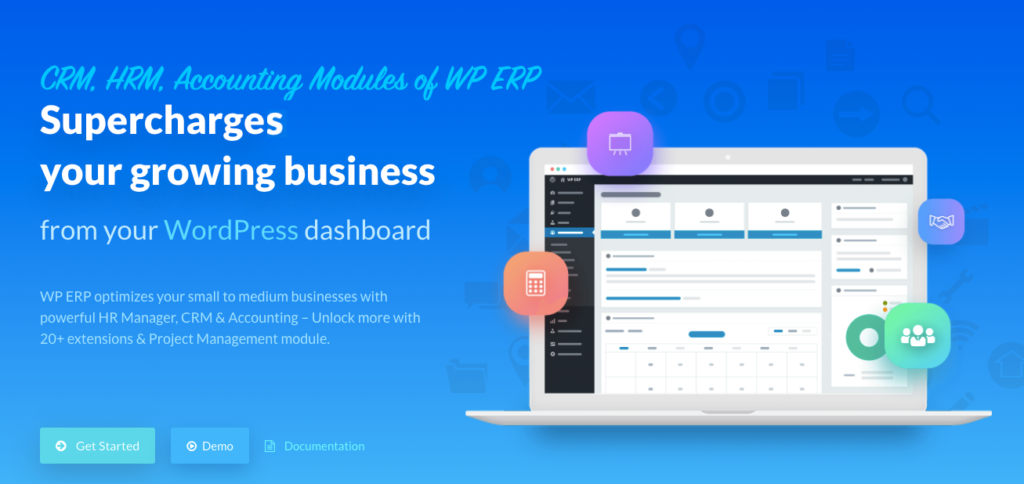
So now if you are interested in a revolutionary ERP system for WordPress, then you should take a look into its features. You will surely find out how it will aid you and your business to take it to the next level.
And if you have any questions regarding the WordPress ERP solution, modules, or its features, feel free to leave a comment below.



